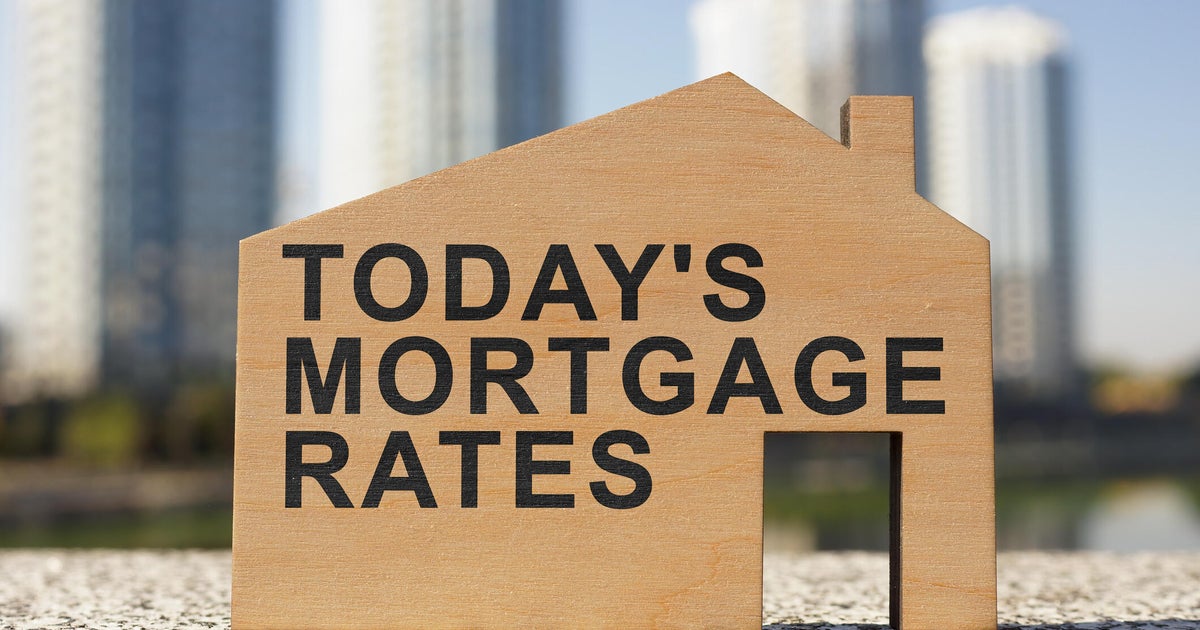How much does Medicare supplemental insurance cost?
When it comes to planning for healthcare costs in retirement, Medicare is a critical component of your financial security. However, Medicare alone may not cover all your medical expenses, which is where Medicare supplemental insurance, also known as Medigap, comes into play. Understanding the costs associated with Medigap policies is crucial for ensuring you have the coverage you need without breaking the bank.
Medigap policies are offered by private insurance companies, and each company has its own way of pricing these policies. The way they determine the premium can significantly impact how much you pay both now and in the future. Below, we'll break down what you should know about the cost of Medicare supplemental insurance.
Start by exploring your Medicare supplemental insurance policy options here.
How much does Medicare supplemental insurance cost?
Numerous factors impact the price of a Medicare supplemental policy, so it's difficult to determine exactly what you may pay for your policy. Instead, the cost is specific to the individual, the company and policy. "Each insurance company decides how it will set the price, or premium, for its Medigap policies," according to Medicare.gov.
There are a wide range of Medigap policies, which are designated by letters from A to N. Each type of plan offers a distinct set of benefits, which means that the average costs differ. For example, the average Medicare Part B premium is $164.90 per month for 2023, while the average cost of a Medicare supplemental plan with wider coverage, like Plan G, is typically much higher.
Learn more about enhancing your Medicare coverage here.
Factors that impact the price of your Medigap policy
In general, these are the key factors that will help determine the price of your Medicare supplemental policy:
Location
Medigap premiums can vary depending on your geographical location. Different insurance companies may charge different rates for the same plan in different areas, even within the same state.
Age
In most states, insurers use age-based pricing, meaning that your Medigap premium will increase as you get older. Premiums generally start lower for younger beneficiaries and rise with age.
Plan type
The specific Medigap plan you choose has a significant impact on your premium. Plans offering more comprehensive coverage typically come with higher monthly premiums. For instance, Plan F and Plan G generally have higher premiums compared to Plan A or Plan N.
Tobacco use
Some insurance companies may charge higher premiums to individuals who use tobacco products.
Underwriting method
The method an insurance company employs to calculate premiums can also affect costs. There are three primary underwriting methods: community-rated, issue-age-rated, and attained-age-rated:
- Community-rated
With this type of policy, the same monthly premium is charged to everyone who has the Medigap policy, regardless of their age. Your premium remains constant and isn't influenced by your age. While premiums may increase due to inflation and other factors, they won't go up just because you're getting older.
- Issue-age-rated
The premium for this type of policy is determined based on your age when you initially purchase the Medigap policy. Premiums are lower for those who buy the policy at a younger age and remain consistent as you age. However, they may still increase over time due to inflation and other factors, but not because of your age.
- Attained-age-rated
This pricing method calculates the premium based on your current age, which means your premium will rise as you get older. Premiums are lower for younger buyers but increase as you age. Over time, this type of policy can become the most expensive. Additionally, premiums may also increase due to inflation and other factors.
Company pricing
Each insurance company sets its own premium rates. So, it's crucial to compare quotes from different insurers to find the most cost-effective premium for your preferred coverage.
The bottom line
The cost of Medigap plans hinges on various factors, including location, age, plan type and the insurance company you choose. To make an informed decision, it is vital to research and compare Medigap plans and premiums to align with your healthcare needs and budget. And, always bear in mind that healthcare costs and insurance premiums can evolve over time, so it's important to remain aware of the latest information and options available to you.




